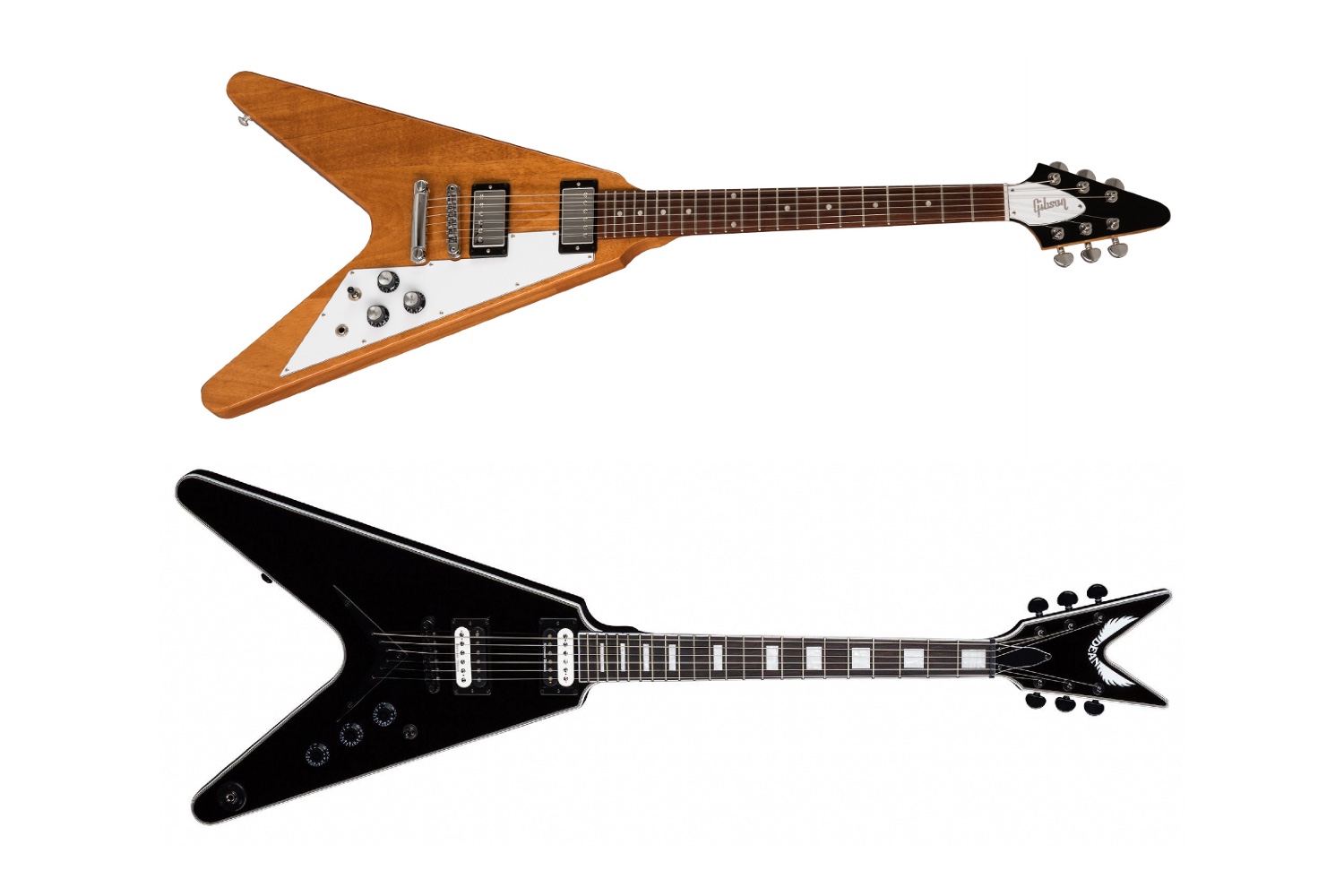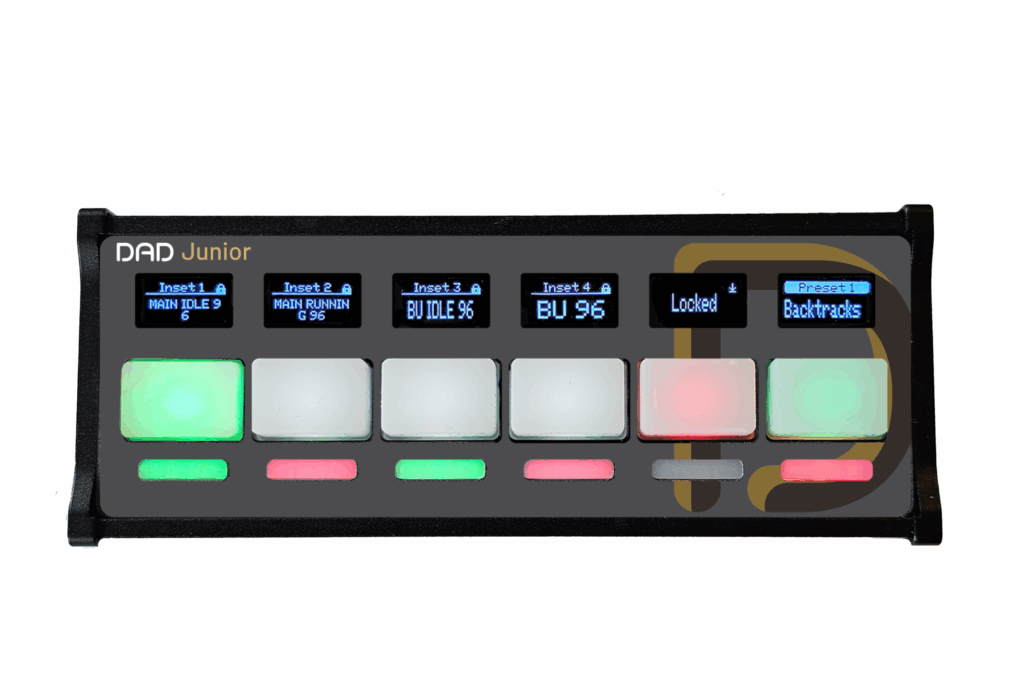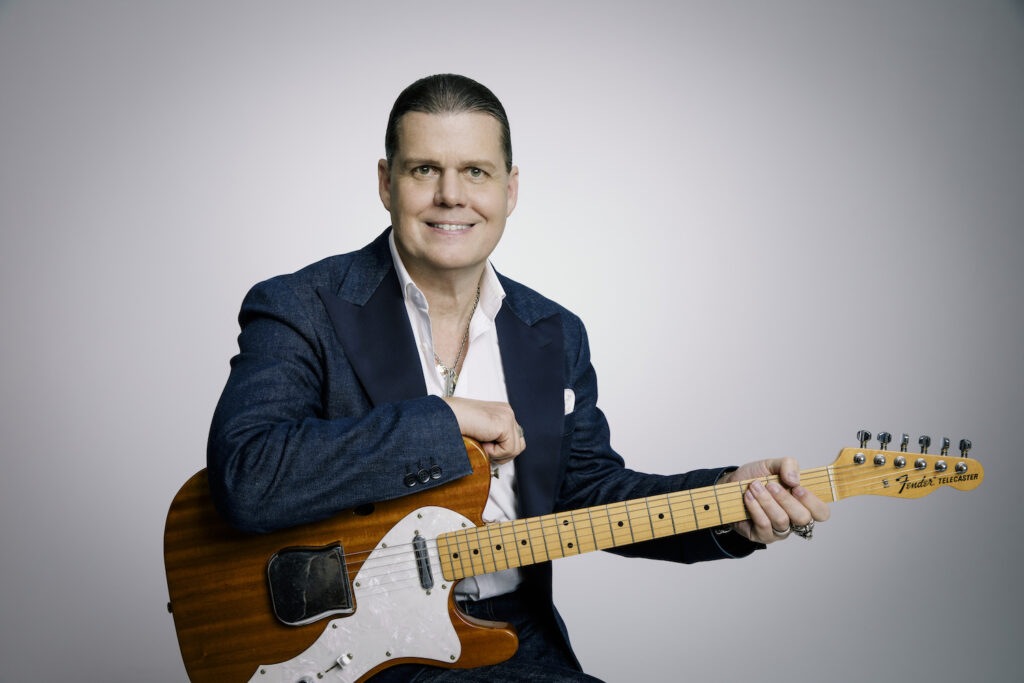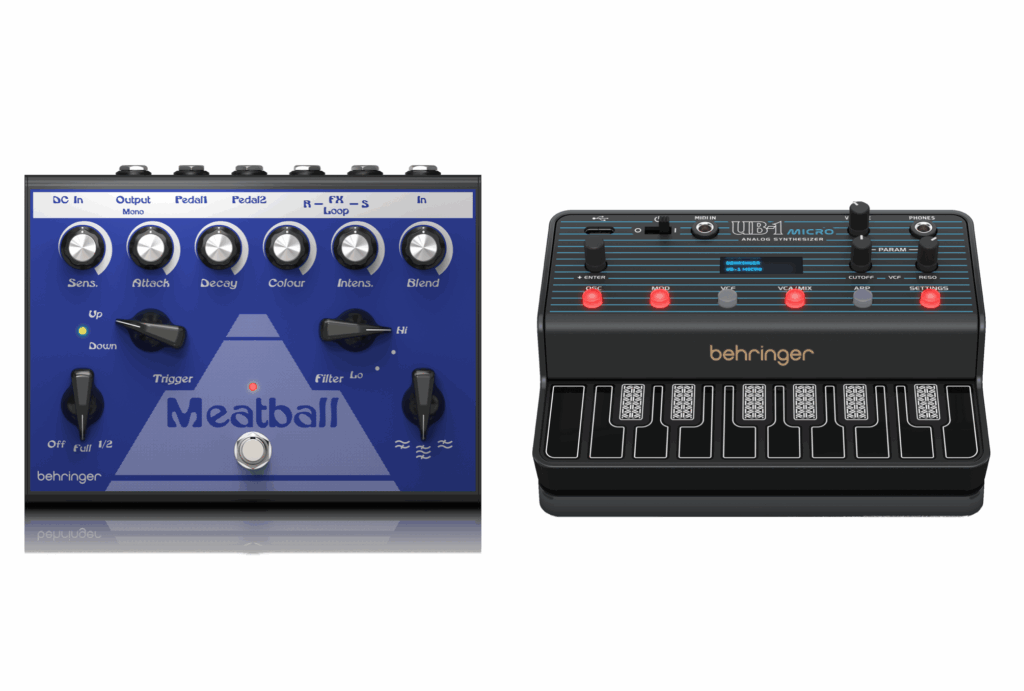The spiciest beef from the music world continues to bubble.
More than 18 months since the controversial lawsuit was made public, the trademark case between Gibson and Dean finally looks set to hit the courts this year.
Summary
- Gibson Brands and Armadillo Distribution Enterprises, Dean’s parent company, are set to head to court this April in order to resolve a trademark dispute stemming from June 2019.
- The lawsuit stems from a range of body shapes that Gibson accuse Dean of copying, including the Flying V, Explorer, SG and ES.
- Dean have denied accusations of trademark infringement and have filed a countersuit again Gibson.
Don’t miss out on all the latest music industry news – keep your eyes peeled on our Industry News page to stay updated.
Gibson vs. Dean
The decision to head to the courtroom was instigated after Gibson Brands and Armadillo Distribution Enterprises, the parent company of Dean, both requested for a summary judgement; a move which would have favoured one of the parties based on a judicial decision as opposed to a full trial.
According to Digital Music News, Armadillo Distribution Enterprises made two requests for summary judgement and were denied both of them. As such, Gibson Brands’ followed suit with their own summary judgement request in December 2020, which was swatted away by District Court Judge Amos L. Mazzant in Texas last week.
‘After a careful review of the record and the arguments presented, the Court is not convinced that Gibson met its burden demonstrating that there is no material issue of fact as to these claims entitling it to judgment as a matter of law,’ Judge Amos L. Mazzant stated in his finding, which you can read here. ‘Accordingly, the Court finds that the motion should be denied.’
What’s all the beef about, anyway?
As you might recall, the initial lawsuit was put forward by Gibson Brands in June 2019 after they accused Armadillo Distribution Enterprises of infringing on seven of its copyrighted designs, including Flying V, Explorer, SG and ES models, as well as the Dove Wing headstock, Moderene trademark and the name Hummingbird.
A statement from the initial lawsuit claimed that by using similar designs, Dean were misleading consumers to believe that their guitars were official Gibson models. As such, the iconic US brand is seeking triple damages for trademark infringement and up to US $2m for each instance of counterfeiting.
News of the lawsuit landed in what was a relatively ugly period in the limelight for Gibson Brands. The company, which had filed for bankruptcy only a year prior to the lawsuit, had launched a webpage asking for consumers to snitch on other brands who were impeding on their trademarks with ‘counterfeit’ models.
This move was matched with the release of a bizarre (and now-deleted) video asking consumers to ‘play authentic’, which simultaneously acted as a backhanded threat to competing brands to ‘watch out’ as they sought to ‘protect their legacy’.
How did Dean respond?
In response, Armadillo Distribution Enterprises hit Gibson with a countersuit to have their trademarks cancelled, alleging that Gibson had contacted a number of dealers in the US to demand they stop stocking Dean guitars and threatening legal action.
‘Many other companies have been using these generic shapes for decades,’ Armadillo Distribution Enterprises CEO Evan Rubinson argued while filling the countersuit in 2019.
‘We believe the alleged ‘Flying V’ and ‘Explorer’ shapes are un-protectable and Gibson’s trademark registrations should be invalidated.’
However, an attempt from Armadillo Distribution Enterprises to have Gibson’s accusation of counterfeiting removed from their complaint was denied in June 2020, with Judge Amos L. Mazzant saying ‘After reviewing the current complaint, The Court finds that Gibson has stated plausible claims for purposes of defeating a [motion to] dismiss.’
So, what happens next?
At this stage, it’s tough to tell. It’s undeniable that Gibson certainly have a case to argue here, as implied by Mazzant’s dismissal of Armadillo’s attempt to remove accusations of counterfeiting from their case last year.
That being said, if Gibson are successful, it could set a dangerous precedent for other brands who’ve crafted instruments that look similar to their trademarked designs – which, in the guitar world, is basically everyone.
Currently, a trial date for Gibson vs. Dean is set for April 2021 – we’ll aim to keep you updated with all that happens along the way.
Read Gibson Brands’ response to the case heading to the court via Guitar.com.







